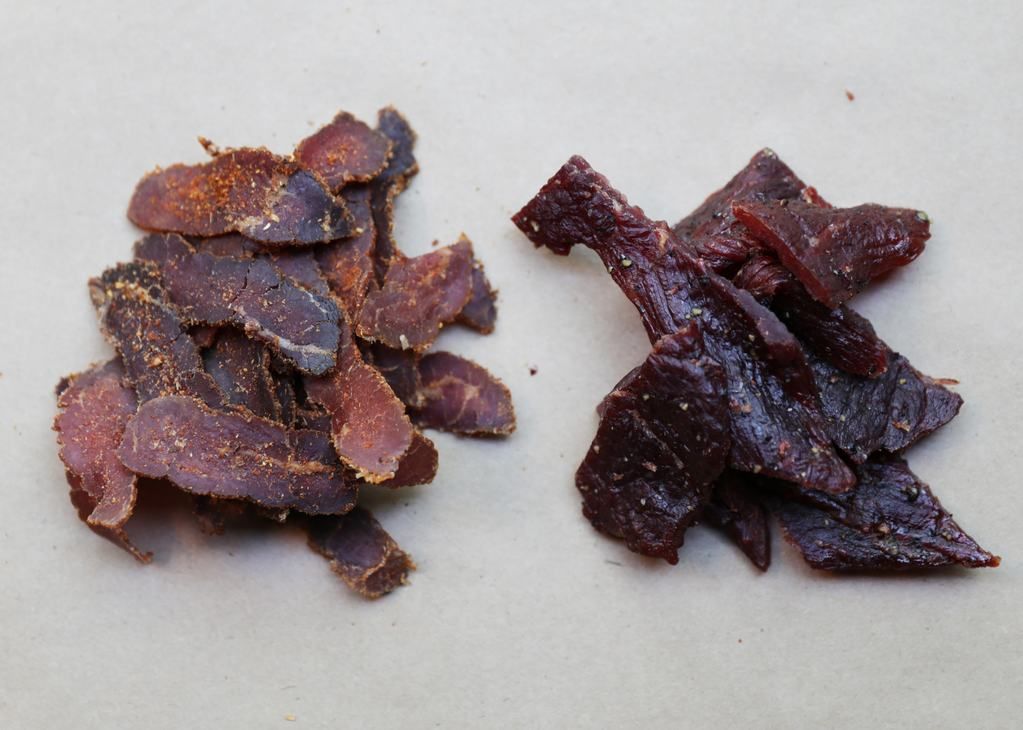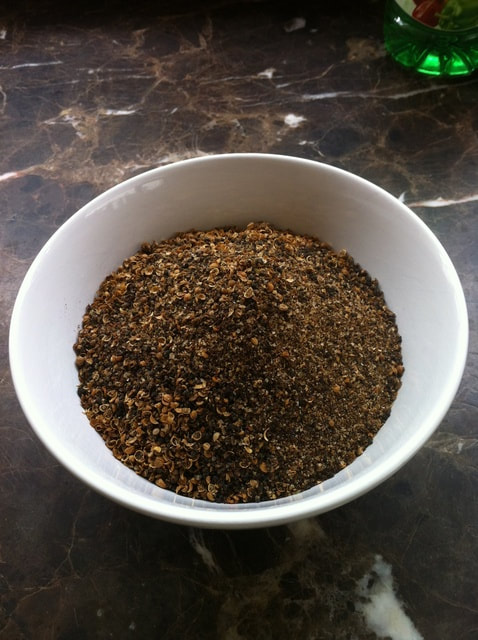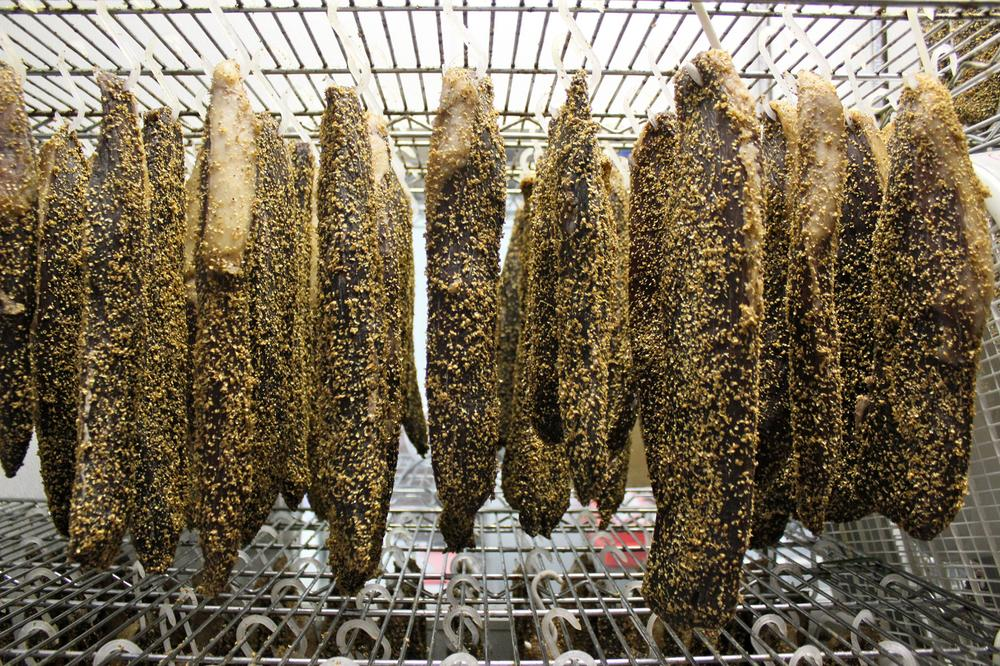The Difference between Beef Jerky and Biltong
Biltong and Beef Jerky appear similar in that they are both cured meat, but there are key differences between the two. Biltong is commercially the ‘new kid on the block’ although it’s been made in Southern Africa for hundreds of years. Beef Jerky originates from North America whereas Biltong comes from South Africa. We make ours in Australia from premium Australian beef!
Nowadays, Biltong is sold all over the world as a healthy meat snack alternative to traditional carb-heavy snacks such as chips and cookies. Both Biltong and Beef Jerky are high in protein and low in fat which makes it a great snack for people following a Paleo, Ketogenic or low-carb diet. Cured beef is a great source of essential proteins and nutrients like iron, magnesium, B vitamins, and potassium.
Nowadays, Biltong is sold all over the world as a healthy meat snack alternative to traditional carb-heavy snacks such as chips and cookies. Both Biltong and Beef Jerky are high in protein and low in fat which makes it a great snack for people following a Paleo, Ketogenic or low-carb diet. Cured beef is a great source of essential proteins and nutrients like iron, magnesium, B vitamins, and potassium.
There are 3 key differences between the two:
|
Ingredients Both meat snacks utilise a blend of spices to enhance the flavours, with Jerky normally having more complicated recipes. Jerky is made in every flavour you can imagine – hickory, garlic, smoked, sweet, onion, teriyaki, chilli, mesquite, lime, honey, bourbon ….the list goes on. Biltong on the other hand is generally savoury, although some marinades include chilli, chutney, and smokey flavours.
The word ‘Jerky’ can include several different food types, such as beef, alligator, chicken, soy, bacon, clam, whereas Biltong is made mainly from beef but sometimes from a variety of exotic game meat such as antelope and ostrich. Biltong also relies on vinegar as a method of preserving the meat. The meat is marinated overnight in a blend of black pepper, coriander, salt, vinegar and worchester sauce, and sometimes other spices such as chilli, garlic and onion powder. As the Biltong industry has grown so has the list of spices used in flavouring. The meat used is typically silverside or topside. |
|





